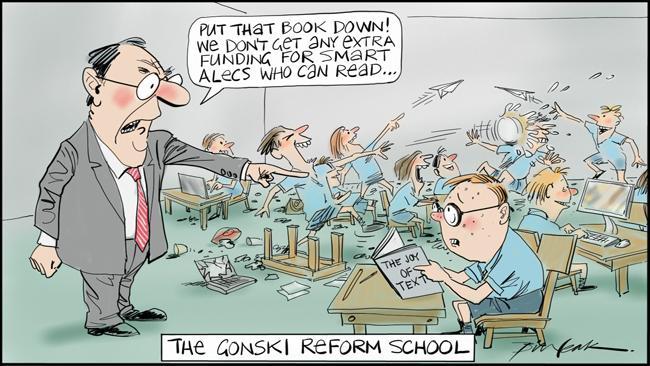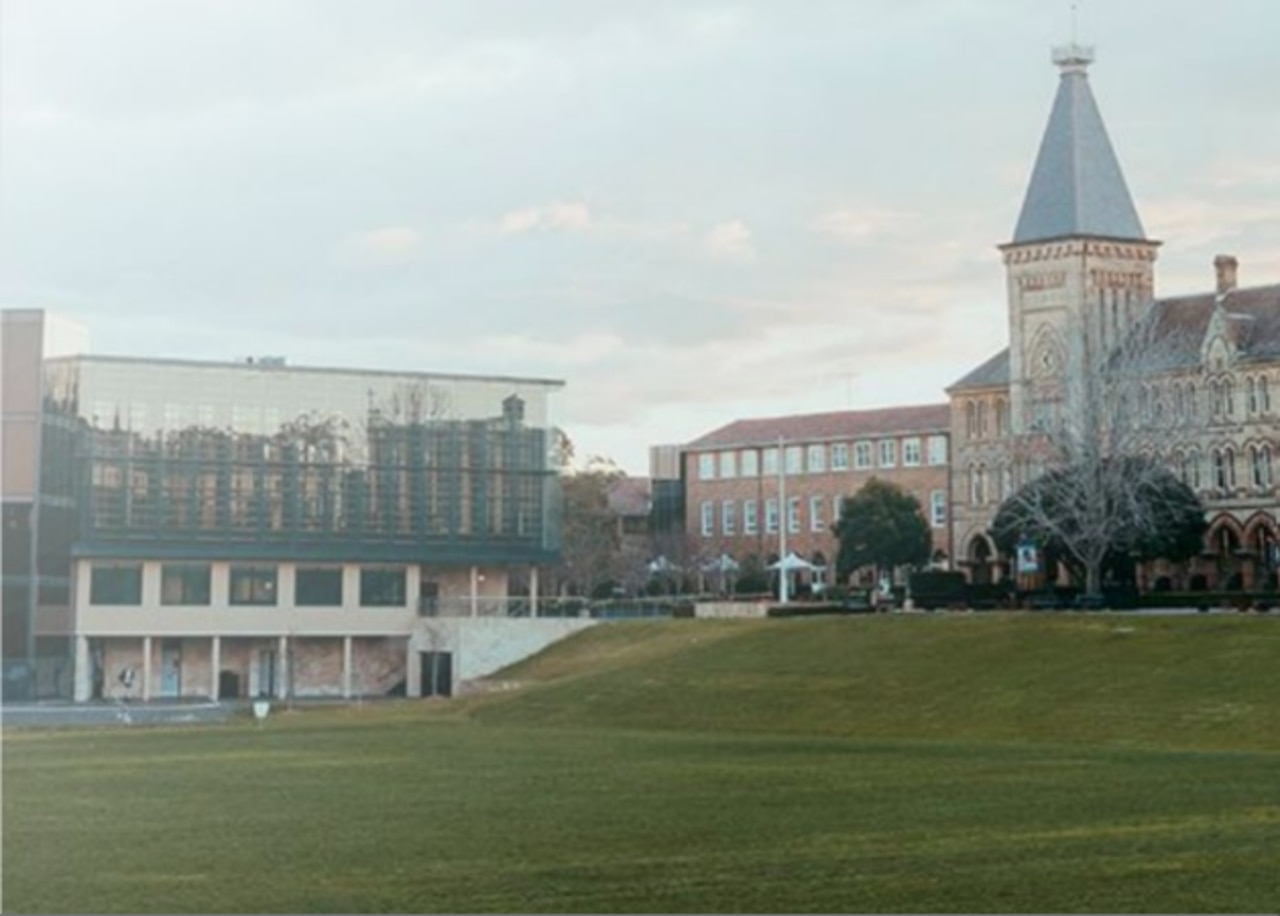Ambition to come fifth in education fine but we could do better

"BY 2025, Australia should be ranked as a top five country in the world for the performance of our students in reading, science and mathematics."
Remind you of anything? Maybe it sounds like another "ambitious" goal that later came back to haunt the prime minister who made it?
"By 1990, no Australian child will be living in poverty."
Promised by then prime minister Bob Hawke during the 1987 election campaign, it was an admirable goal but one the government failed to meet.
Julia Gillard's goal for Australia to be among the top five nations in OECD tests of teenagers sounds lofty but is not nearly as ambitious.
Fifth? In a nation that just labelled our Olympic swimmers as duds for bringing home silver medals? Fifth would have put them out of the medals altogether.
But the main problem is that it poorly describes the improvement required in schools. PISA is conducted among a representative sample of students and schools; not every school participates so even if Australia reaches the top five, that's no guarantee every school improves.
It is important to track our students' progress with their peers around the world to ensure the nation remains competitive in the global marketplace.
But is the PISA goal the one we should legislate? Why not legislate that all students in every school must meet minimum standards for their age in literacy and numeracy?
As the Prime Minister points out in her speech, to be delivered today, by Year 3 almost 90 per cent of children from the poorest one-quarter of homes are reading below average.
By Year 9, the average child from the poorest one-quarter of families is three years behind in the standard of their schoolwork compared with children in the richest quarter of families.
Measuring national progress in PISA against the rest of the world does nothing to check how those students are progressing. Legislating that these children must improve 5 per cent a year, say, is a more tangible, and ambitious, goal.


